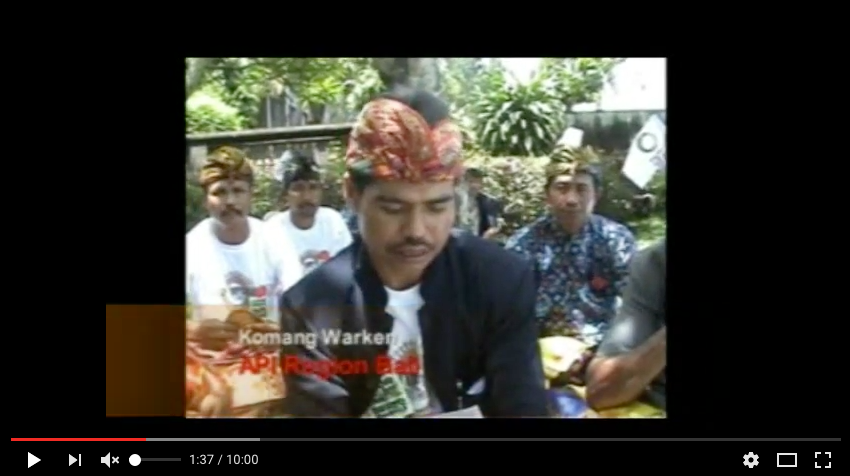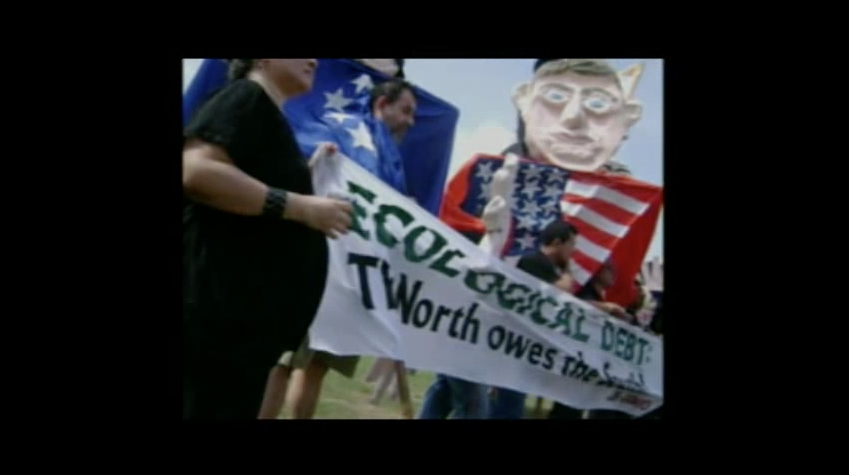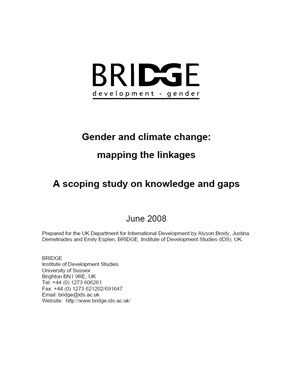From risk to resilience: Understanding the costs and benefits of disaster risk reduction under changing climatic conditions
This paper evaluates the costs and benefits of disaster risk reduction in the context of climate change through an analysis of case studies in India, Nepal and Pakistan. The paper focuses on water related disasters and the manner in which they may change as a consequence of climate change. The paper highlights that the evidence presenting the economic impacts of climate change and disasters is accumulating rapidly.





